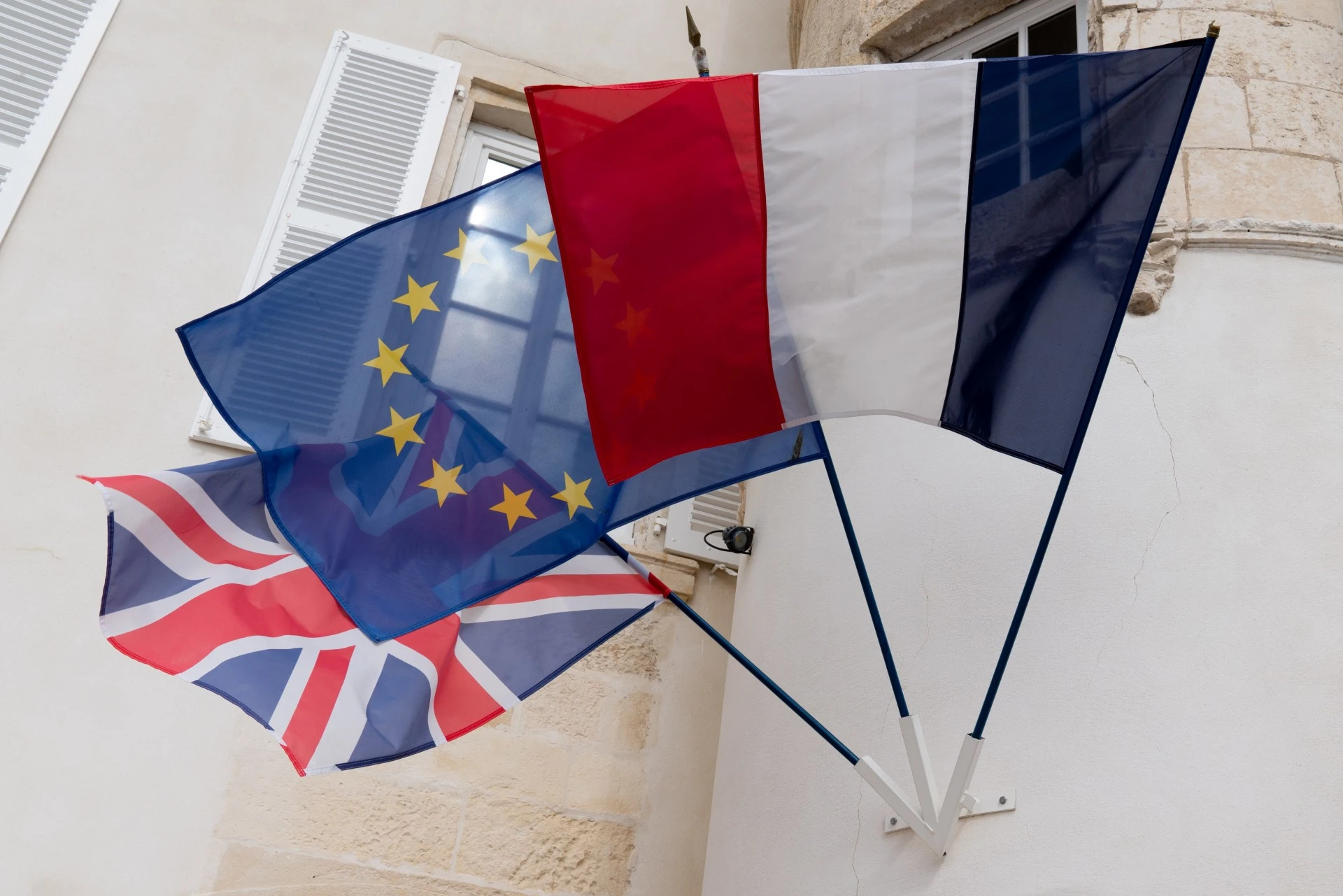French and British perspectives on Russia's war in Ukraine and the future of the European security order

Russia's aggression of Ukraine has fractured the European security order and determined a marked shift in the security and defence agendas of key European countries, NATO and the EU. France and the UK are Europe's preeminent military powers due to their conventional and nuclear capabilities, and share a proactive strategic culture. Their engagement is critical to support Ukraine, counter Russia and deepen cooperation among allies.
This panel will discuss how France and the UK responded to Russia’s full-scale invasion of Ukraine and how they framed, and addressed, the implications of the war in Ukraine for European security. It will also look at areas of convergence and divergence between London and Paris and focus on their priorities at the current critical juncture, with a view to achieving a just and lasting peace for Ukraine.
Meet our speakers
Marion Messmer is a Senior Research Fellow in the International Security Programme at Chatham House. She has expertise in arms control, nuclear weapons policy issues and Russia-NATO relations.
Bruno Tertrais is Deputy Director of the Foundation for Strategic Research (FRS), a leading French think-tank on international security issues. He is also a non-resident Senior Fellow at the Institut Montaigne. He contributed to the elaboration of France's Defence and National Security white papers in 2007-2008 and 2020-2021.
Peter Watkins (CB, CBE) is a Senior Visiting Fellow with LSE IDEAS, a visiting professor with King's College London, an associate fellow at Chatham House and a former senior official with the UK Ministry of Defence.
Richard G Whitman is Professor of Politics and International Relations in the School of Politics and International Relations at the University of Kent. He is also a Senior Associate Fellow at the Royal United Services Institute (RUSI) and an Academic Fellow at the European Policy Centre.
Chair
Teona Giuashvili is the DINAM Fellow in the Department of International Relations at LSE, pursuing research on EU foreign policy towards Eastern Europe and on the political and security implications of Russia’s war against Ukraine for the EU, NATO and the Black Sea region.
More about this event
The Department of International Relations (@LSEIRDept) at LSE is now in it's 98th year - one of the oldest as well as largest IR departments in the world, with a truly international reputation. We are ranked 2nd in the UK and 5th in the world in the QS World University Ranking by Subject 2025 tables for Politics and International Studies.
LSE IDEAS (@lseideas) is LSE's foreign policy think tank. Through sustained engagement with policymakers and opinion-formers, IDEAS provides a forum that informs policy debate and connects academic research with the practice of diplomacy and strategy.
From time to time there are changes to event details so we strongly recommend that if you plan to attend this event you check back on this listing on the day of the event.
Whilst we are hosting this listing, LSE Events does not take responsibility for the running and administration of this event. While we take responsible measures to ensure that accurate information is given here this event is ultimately the responsibility of the organisation presenting the event.
LSE holds a wide range of events, covering many of the most controversial issues of the day, and speakers at our events may express views that cause offence. The views expressed by speakers at LSE events do not reflect the position or views of the London School of Economics and Political Science.
